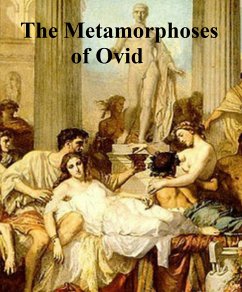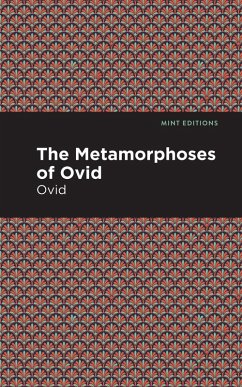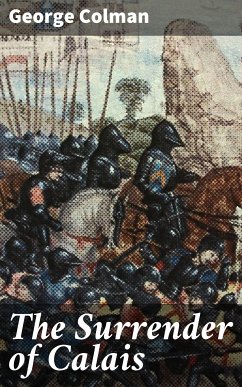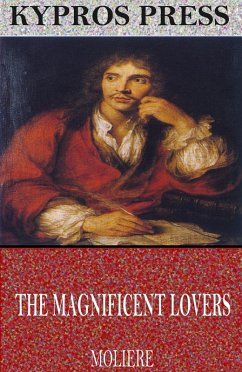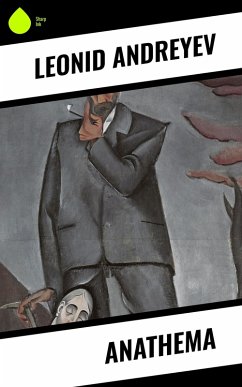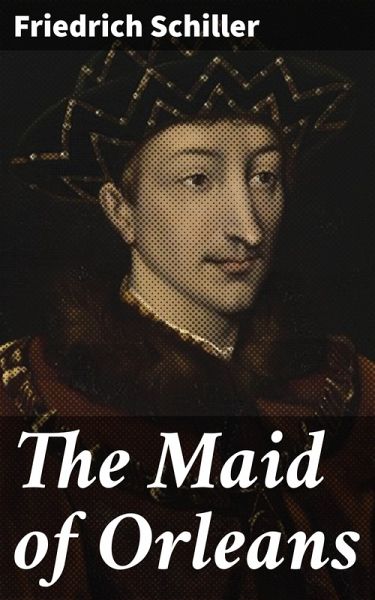
The Maid of Orleans (eBook, ePUB)
Enriched edition. A Tragedy
Kommentar: Winthrop, Beatrice / Redaktion: Good Press / Übersetzer: Swanwick, Anna

PAYBACK Punkte
0 °P sammeln!
Friedrich Schiller's "The Maid of Orleans" is a poignant five-act play that intricately weaves themes of nationalism, heroism, and the struggles of identity through the lens of the legendary figure, Joan of Arc. Utilizing an elevated, lyrical style characteristic of Romantic literature, Schiller explores the tragic interplay between personal conviction and political duty. Set against the backdrop of the Hundred Years' War, this work personifies the heroic ideal while delving into deep psychological and moral questions, effectively situating itself within the German Sturm und Drang movement's f...
Friedrich Schiller's "The Maid of Orleans" is a poignant five-act play that intricately weaves themes of nationalism, heroism, and the struggles of identity through the lens of the legendary figure, Joan of Arc. Utilizing an elevated, lyrical style characteristic of Romantic literature, Schiller explores the tragic interplay between personal conviction and political duty. Set against the backdrop of the Hundred Years' War, this work personifies the heroic ideal while delving into deep psychological and moral questions, effectively situating itself within the German Sturm und Drang movement's fascination with individual struggle and fate. Friedrich Schiller, a key figure in the literary transition from Classicism to Romanticism, drew inspiration from his own experiences and the tumultuous socio-political landscape of 18th century Europe. His lifelong interest in freedom, revolution, and moral choices profoundly influenced the creation of "The Maid of Orleans," reflecting his admiration for Joan as a symbol of courage and self-sacrifice. Schiller's extensive studies in history and philosophy also inform his portrayal of Joan's character, blending the real and the mythical. This timeless play is highly recommended for readers interested in the exploration of moral dilemmas, the essence of heroism, and the complexities of national identity. Schiller's masterful narrative invites audiences to not only witness Joan's extraordinary journey but also to reflect on their own values and beliefs in the face of adversity. In this enriched edition, we have carefully created added value for your reading experience: - A succinct Introduction situates the work's timeless appeal and themes. - The Synopsis outlines the central plot, highlighting key developments without spoiling critical twists. - A detailed Historical Context immerses you in the era's events and influences that shaped the writing. - An Author Biography reveals milestones in the author's life, illuminating the personal insights behind the text. - A thorough Analysis dissects symbols, motifs, and character arcs to unearth underlying meanings. - Reflection questions prompt you to engage personally with the work's messages, connecting them to modern life. - Hand-picked Memorable Quotes shine a spotlight on moments of literary brilliance. - Interactive footnotes clarify unusual references, historical allusions, and archaic phrases for an effortless, more informed read.
Dieser Download kann aus rechtlichen Gründen nur mit Rechnungsadresse in A, B, BG, CY, CZ, D, DK, EW, E, FIN, F, GR, H, IRL, I, LT, L, LR, M, NL, PL, P, R, S, SLO, SK ausgeliefert werden.






